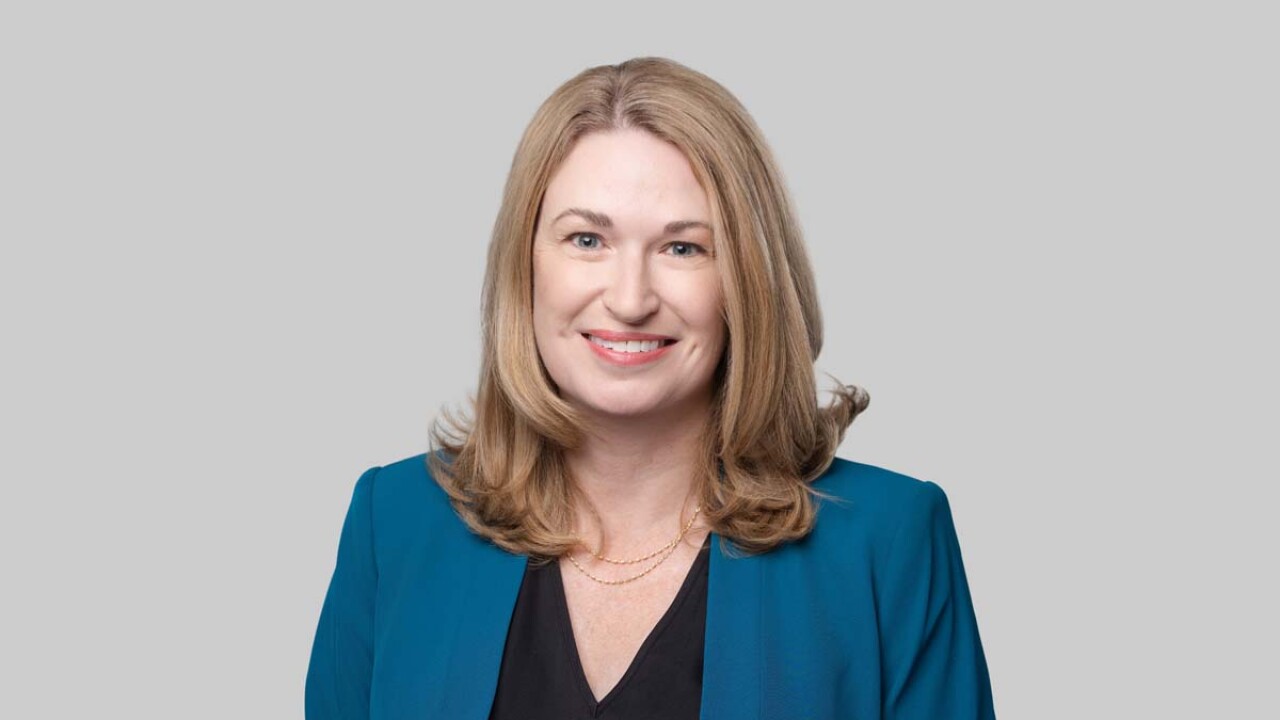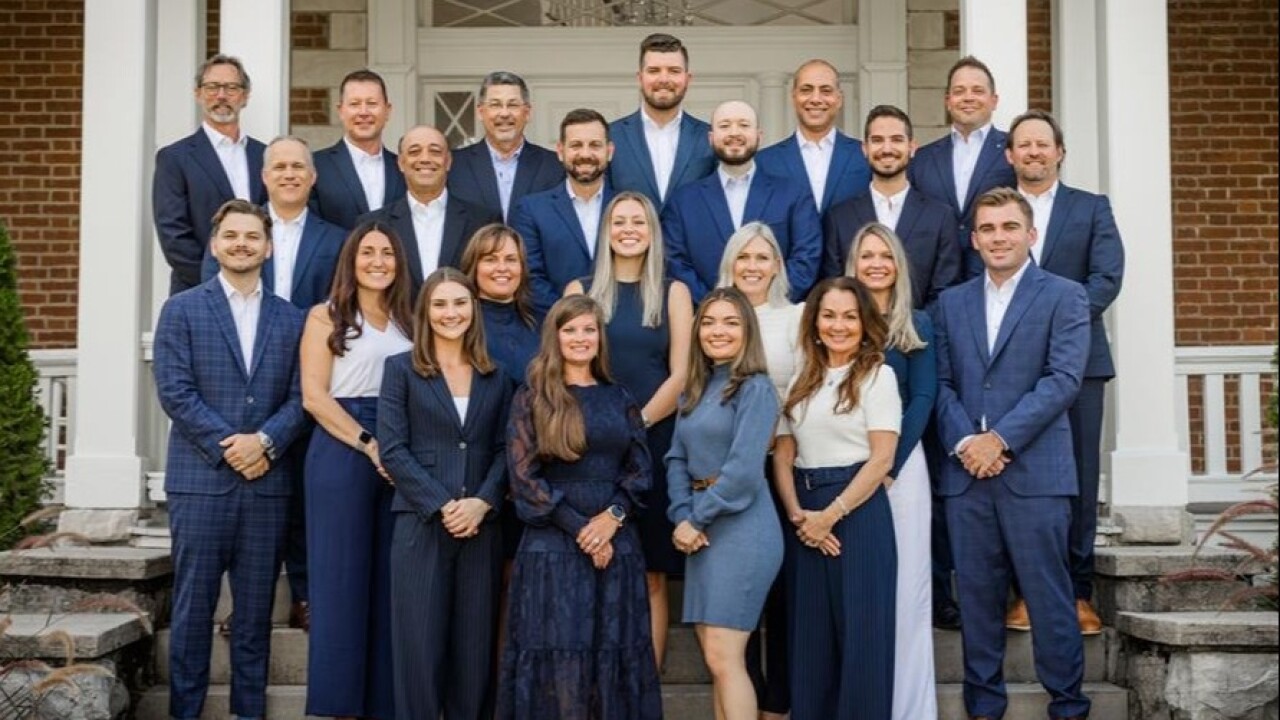In this game of high-stakes "tag," there are no more hiding places and lots of "Its."
For fund firms that might have erred in judgment or flat-out committed crimes, there's nowhere to run now. Federal and local regulators are joining the bandwagon in droves, looking to simultaneously clean up a wayward industry and attach themselves to the growing crusade for investors' rights.
Just last week California's Attorney General Bill Lockyer flashed his local sheriff's badge and started on the hunt in his own backyard, announcing he has subpoenaed Franklin Templeton, Pimco and American Funds. However, this inquiry is unlike those launched by other state regulators so far in that it is probing mutual fund sales practices, something the Securities and Exchange Commission has spearheaded up until this point.
The CA A.G. is looking into whether the funds failed to disclose to investors that brokers who pushed the products received higher commissions. This conflict over shelf-space agreements is yet another possibly explosive wrinkle in the ongoing investigation into mutual fund practices - and sure to get increased attention in the coming weeks and months.
Lockyer said his current probe is not directly related to the late trading and market-timing abuses reported in the $7.2 trillion industry, because shelf space problems have broader implications for investors and he is going after fraud at the front end.
"Our laws governing securities transactions rest on a simple principle: Investors must be told the truth, the whole truth," Lockyer said in a statement.
"That's not just a lofty goal. It's a legal duty. The working men and women and retirees of California have the right to be fully informed when they make investment decisions that affect their lives and futures," Lockyer attested. "When secrets are kept from them, that right is violated."
Windows of Opportunity
Becoming a champion of the people is certainly appealing to politicians and will no doubt entice some regulators to be a little more vocal and seek bigger windows of opportunity.
The SEC and California are reportedly sharing information in this investigation. The SEC and Morgan Stanley recently reached a $50 million settlement for complicit directed-brokerage practices (see MME 11/18/03, 11/24/03) and it is said that case implicated both American Funds and Pimco.
All told, the SEC is investigating the 14 fund firms with which Morgan Stanley had these arrangements, three of which Lockyer is looking into. Lockyer just recently gained jurisdiction to investigate such matters via a new law he had sponsored that took effect as of Jan. 1.
The other firms in the SEC's sights in relation to the Morgan probe at this point include AIM, Alliance, BlackRock, Davis, Dreyfus, Eaton Vance, Evergreen, Fidelity, MFS, Morgan Stanley Funds, Putnam, Scudder and Van Kampen.
All Aboard
In addition to the Feds, star state regulators like New York's Attorney General Eliot Spitzer and Massachusetts Secretary of the Commonwealth William Galvin have made waves uncovering massive wrongdoing and corruption in this industry, once best known for its squeaky-clean image.
But the list doesn't stop there. In addition to California, regulators from Colorado, Illinois, Wisconsin, New Hampshire, Connecticut and Alabama have all joined the fracas. More are sure to follow. There is also more mundane involvement from various states that have fired fund companies in their state-sponsored 529 and pension plans (see MME 11/24/03).
"I am surprised that more state regulators have not gotten involved. I can't imagine why California has waited so long," said Morningstar Managing Director Don Phillips. "I'm sure there have been things going on behind the scenes, but after what Spitzer uncovered, why wouldn't they start looking at these firms immediately? Why wait three months?"
Too Many Cooks in the Kitchen?
While critics of Spitzer have claimed he has overstepped his bounds, some see a benefit to his and other regulators' involvement.
"You have got to look at what Spitzer did and what the SEC was doing and ask yourself whether any of this would be uncovered if the SEC was left alone to the task," Phillips said.
While more regulators digging for dirt may certainly seem like a benefit to investigators, it can be a case of too many cooks in the kitchen, according to some. "In Mr. Spitzer's case, it wasn't clear where the lines were drawn between the two regulators. I think the lines are far too blurry between all the regulators. It does create some confusion," said Jeff Keil, vice president of Lipper's Fiduciary Review. "I do think there is an argument to be made for simplicity," Phillips added.
Spitzer, a mere state regulator, initially took the lead in the investigation, showing up the SEC and then later called for the head of the SEC's Paul Roye. SEC Chairman William Donaldson called the name-calling a "spectacle" before a Congressional hearing. "The spectacle of one regulatory agency criticizing another is not healthy," he said, adding, that Spitzer's "comments are both wrong and pernicious."
Spitzer and Galvin were later openly critical of Putnam Investments' settlement with the SEC. Likewise, several in the industry were highly opposed to the deal that Spitzer orchestrated with Alliance Capital, and his inclusion of a reduction in fees, something that many feel is totally unrelated to the timing issues (see Quote of the Week from the Wall Street Journal, page 3)."I think it is problematic if you have a regulator venturing into areas where they do not have expertise," Keil said. "It would behoove the state regulators to enlist highly skilled lawyers who have expertise in this area."
Copyright 2004 Thomson Media Inc. All Rights Reserved.
http://www.thomsonmedia.com http://www.mmexecutive.com





